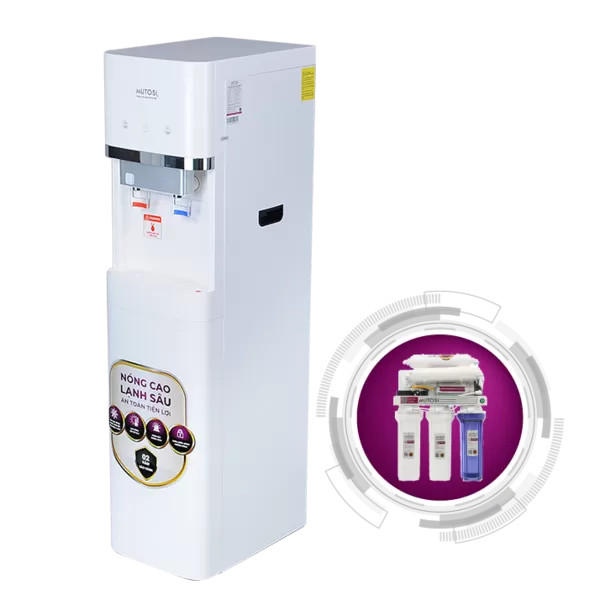it’s for a refreshing morning shower or a load of laundry, hot water plays a vital role in our daily lives. However, like any appliance, water heaters have a limited lifespan and eventually require upgrading. But how do you know when it’s time to replace your water heater?
Age of the Water Heater
One of the primary factors to consider is the age of your water heater. Most conventional tank-style water heaters have a lifespan of around 8 to 12 years. If your water heater is approaching or has exceeded this timeframe, it’s a good idea to start exploring replacement options. Even if your current unit is still functioning, older models tend to become less efficient over time, leading to higher energy bills.
Inefficient Performance
If you notice a decline in your water heater’s performance, it may be a clear indicator that an upgrade is necessary. Signs of inefficiency include water taking longer to heat up, insufficient hot water supply, or frequent temperature fluctuations. These issues can arise due to sediment buildup in the tank, a faulty thermostat, or a failing heating element. Upgrading to a new water heater will not only restore optimal performance but also improve energy efficiency.

Persistent Leaks and Rust
Water heaters are susceptible to leaks, especially as they age. If you notice puddles of water around your unit or signs of corrosion and rust, it’s a sign of trouble. Leaks can lead to water damage in your home and potentially cause mold growth. Rusty water coming from your taps is another red flag, indicating that the interior of your water heater is deteriorating. Upgrading to a new unit will eliminate the risk of leaks and provide you with clean, fresh water.
Increased Energy Consumption
As water heaters age, they become less efficient and consume more energy to heat the water. If you notice a significant increase in your energy bills without any other explanation, it may be due to your water heater’s declining efficiency. Upgrading to a newer, energy-efficient model will not only help reduce your utility costs but also contribute to a more sustainable lifestyle.
Changing Needs
Changes in your household’s hot water requirements should also be considered when deciding to upgrade your water heater. If you’ve recently added more family members, installed additional bathrooms, or expanded your living space, your current water heater may struggle to meet the increased demand. Upgrading to a larger capacity or a tankless water heater can ensure an ample supply of hot water to accommodate your growing needs. Knowing when to upgrade your Cay nuoc nong lanh water heater is crucial to avoid unexpected breakdowns, minimize energy waste, and ensure a consistent supply of hot water. Keep an eye out for signs of aging, such as decreased efficiency, leaks, rust, and higher energy consumption. Additionally, consider any changes in your household’s hot water needs. By recognizing these indicators and investing in a new, more efficient water heater, you can enjoy the benefits of reliable hot water while saving money and reducing your environmental impact.